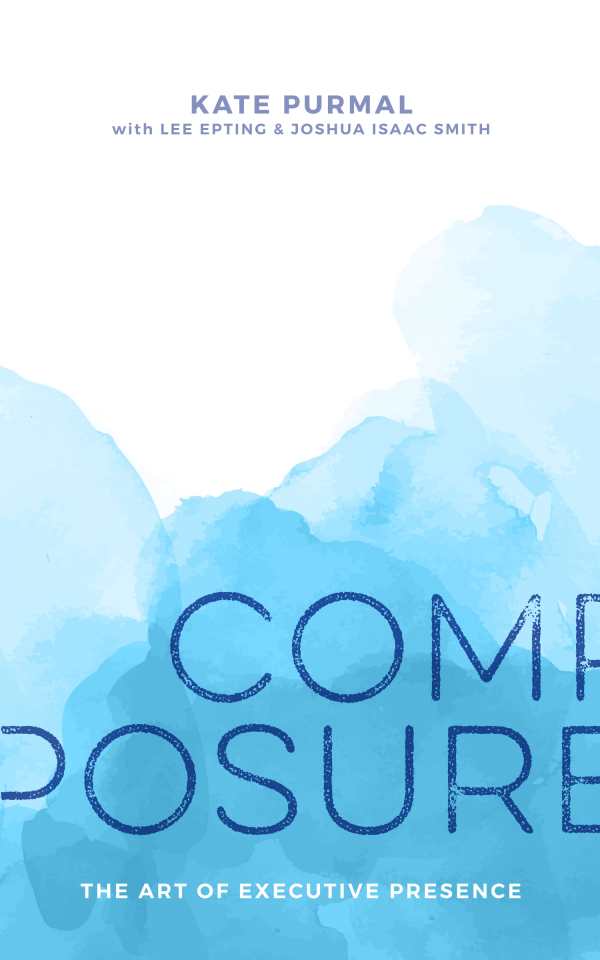Composure
The Art of Executive Presence
The self-help book Composure is an excellent resource for those looking to develop the characteristics that lead to success.
Kate Purmal’s insightful self-help book Composure tackles impostor syndrome at its roots to help people be authentic and confident at work and in life.
Unveiling the hidden sources of high performers’ self-doubt and insecurity, the book reveals what it takes to succeed and thrive in high-stress, high-stakes corporate environments. The key to it all, the book says, is “composure,” or grace under pressure. Both a quality and a skill set, composure cannot be faked, the book says—though it can be learned.
To help people develop self-awareness about, and resolve, their impostor behaviors, this potent book defines its terms well and makes its ideal traits easy to visualize. Its goal is to empower high achievers to resolve their limiting doubts; if people can do so, it says, they can also better envision, and then create, the lives that they desire. It tackles roadblocks like the fear of failure and shame, naming effective techniques to discover the sources of, and solutions to, such problems.
Much of the book consists of therapist-client dialogues, with laughter, tears, and a-ha moments proving to be plentiful. Particular emphasis is placed on the difficulties that women face in corporate settings, where men’s hubris and entitlement are often mistaken for leadership potential. The book also gives considerable attention to the “joy factor,” which it says is often overlooked in people’s struggles to rise in corporate hierarchies.
The book’s examples, as of a client who was counseled to ask herself whether or not a new professional opportunity would bring her joy, are dissected with care; in that case, the book shows how the questions affected the client’s decisions and opened new perspectives on their current employment situation. Indeed, such case studies become an able means of demonstrating the book’s strategies. They are relatable, and their victorious conclusions are obvious; still, there are abrupt transitions between the book’s anecdotes.
Supplemented by material like a chart that’s designed to help when it comes to evaluating one’s emotional states, and a downloadable workbook with chapter summaries and key takeaways, this is a handy text that encourages further exploration. Instructions for using its tools and techniques are promised in the supplement, as are writing exercises and links to audio- and video-guided meditations, exercises, and demonstrations. The book’s references are reputable and extensive.
The self-help book Composure is an excellent resource for understanding and developing the characteristics and behaviors that lead to personal and professional success.
Reviewed by
Kristine Morris
Disclosure: This article is not an endorsement, but a review. The publisher of this book provided free copies of the book and paid a small fee to have their book reviewed by a professional reviewer. Foreword Reviews and Clarion Reviews make no guarantee that the publisher will receive a positive review. Foreword Magazine, Inc. is disclosing this in accordance with the Federal Trade Commission’s 16 CFR, Part 255.

